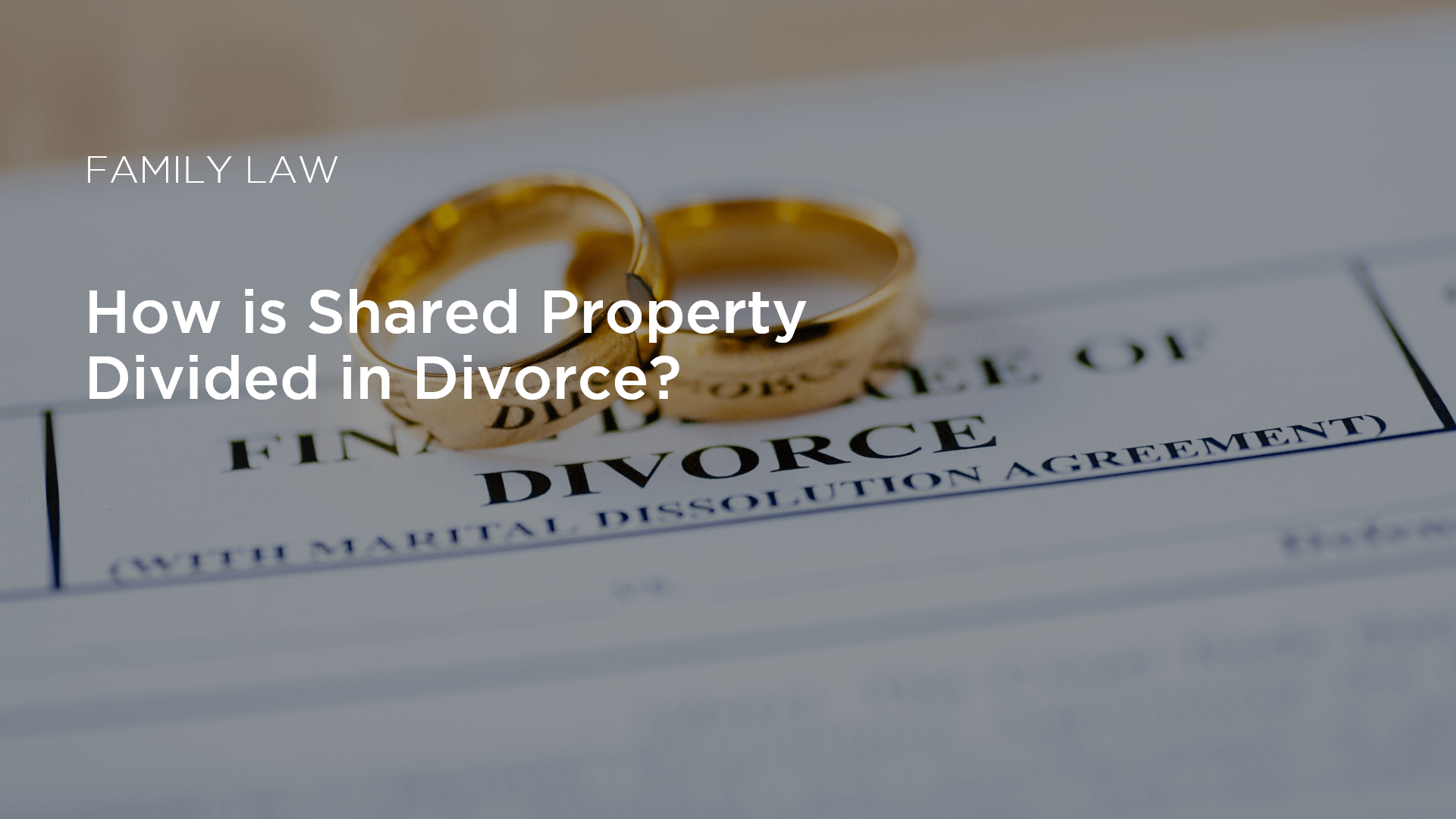Dispute Resolution & Litigation
Expropriation in British Columbia: Your Rights, Compensation, and Legal Options Explained
Share: April 7, 2025 | By Douglas J. Conolly 1. What…
Read moreIn British Columbia, the property division rules set out within the Family Law Act apply to both legally married couples and common-law couples (i.e., couples who have been living together in a marriage-like relationship for a period of two or more years). As a result, it is important to understand the property division rules in BC even if you are not legally married to your partner.
Per s. 81 of the Family Law Act, unless there is a legally binding agreement or court order that indicates otherwise, the value of all family property, (with the exception of excluded property, discussed below), and debt is presumed to be divided equally between both spouses or common-law partners upon separation. This is true regardless of how much each party contributed to that property or debt, which means that, even if the property or debt is exclusively in one spouse’s name, or was purchased or incurred exclusively by one spouse, the other spouse could be responsible for, or entitled to half of the value of, that debt or property upon separation.

When people see the word “property”, they often think exclusively of houses or apartments. However, it is important to be aware that family property consists of much more than that, and will include things like:
Despite this rule, there are a number of types of property the Family Law Act deems to be excluded and therefore not subject to this rule requiring the equal division of family property. Per s. 85 of the Family Law Act, the following types of property can be excluded from equal division, and kept exclusively by the spouse they belong to:
Importantly, while the Family Law Act does indicate that these types of property can be excluded, they will not automatically be excluded. Instead, the spouse who wants to claim that certain property is or ought to be excluded property has the responsibility of proving that the property in question falls under one of these above categories, which requires evidence. Further, while it might seem as though certain property will fall into one of these types of excluded property at first glance, things are often not this straightforward. For example, while some personal injury settlements will be excluded from division, any part of the settlement designed to compensate for a loss of income of a spouse will not be excluded. As a result, it is important to consult a family lawyer when questions about excluded property begin to arise so that they can help you to ensure your rights are being protected.
Significantly, as mentioned above, these general rules pertaining to property division apply only where there is no valid, enforceable contract or marriage agreement in place indicating that you and your spouse want your property to be divided some other way. In light of this, if both you and your partner agree that you would like to have your property divided differently than the Family Law Act would divide it, it is important that you contact a family lawyer to help you draft an enforceable marriage contract so that you can ensure your wishes with respect to how you both wish to see your property divided will be respected.
Have a question about how to divide property? Contact us to set up a consultation.

Dispute Resolution & Litigation
Share: April 7, 2025 | By Douglas J. Conolly 1. What…
Read moreDispute Resolution & Litigation
Share: April 3, 2025 | By Sunny Uppal Issue estoppel is…
Read moreDispute Resolution & Litigation
Share: March 19, 2025 | Represented By Sepideh Alimirzaee In a landmark…
Read more